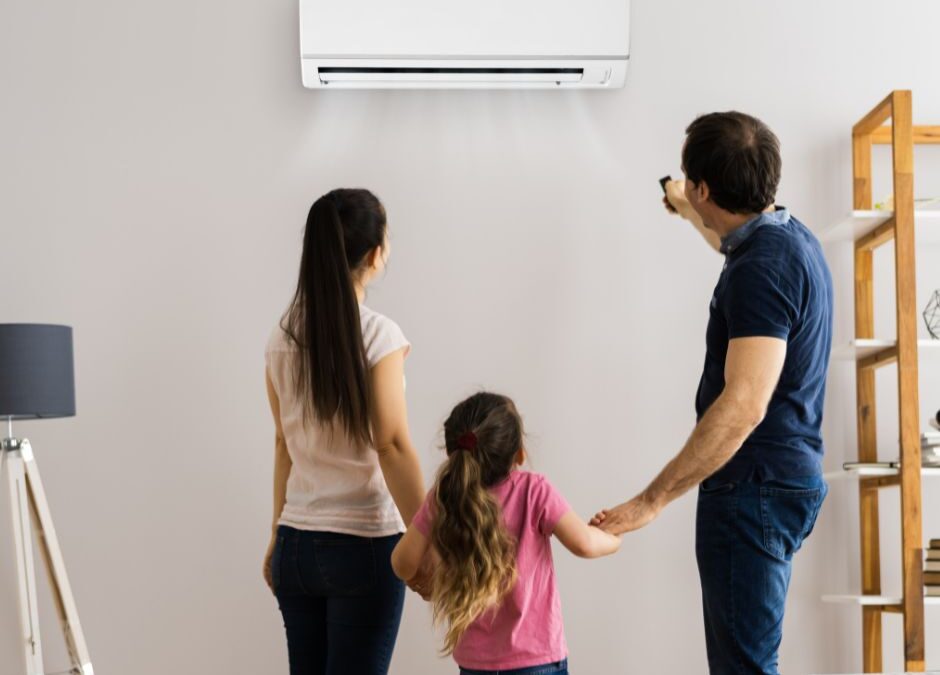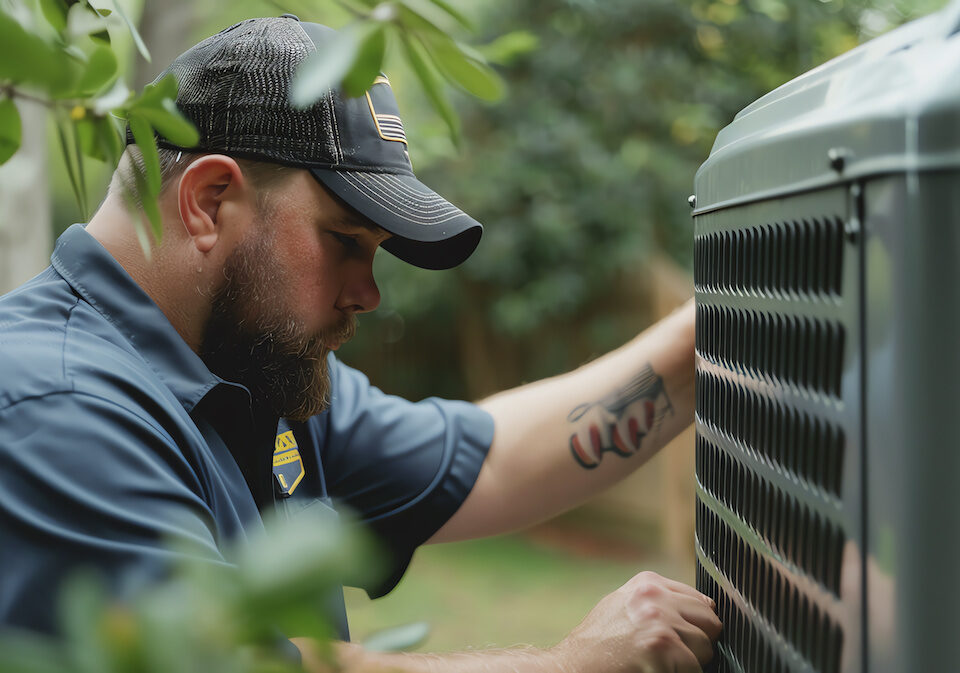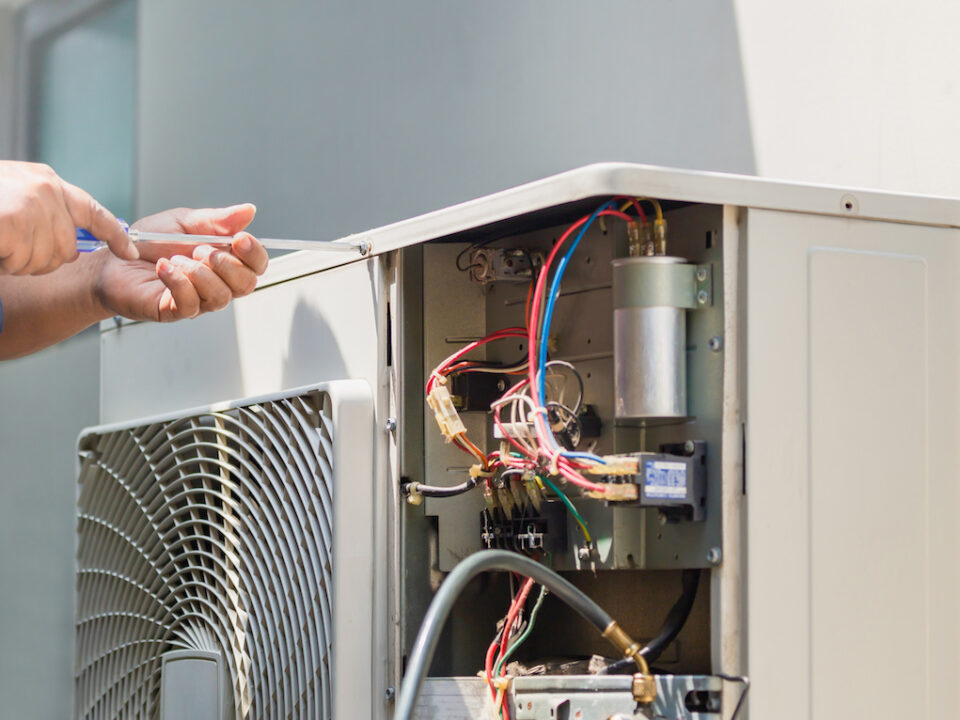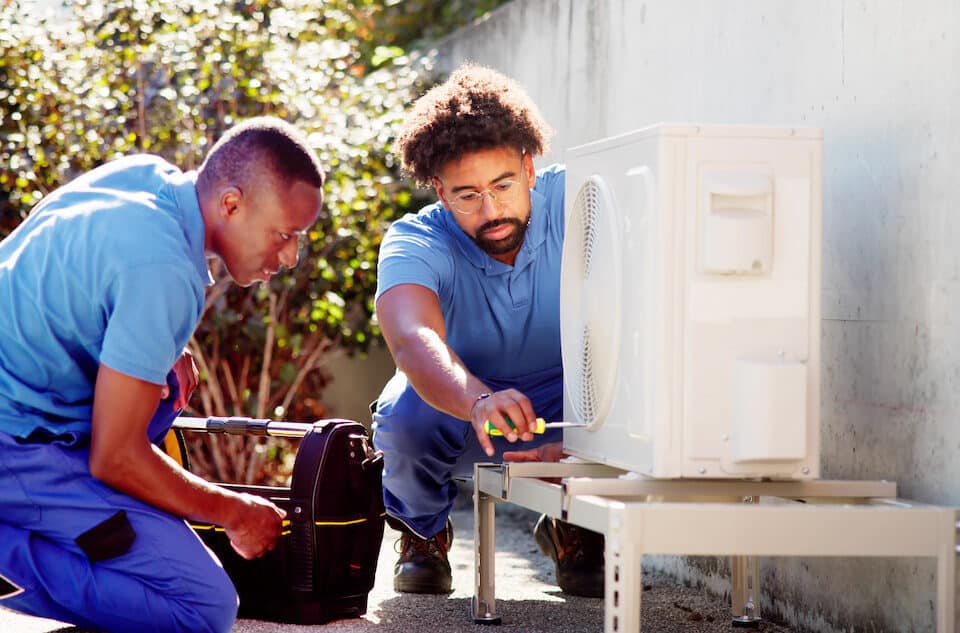Which Air Conditioning Unit Do You Need?

Could you be approaching the time for a new air conditioner? Choosing the right HVAC for your house, along with brands and the warranty, is very important. As temperatures rise or drop, you will instantly notice why having the correct air conditioning unit is important. If you need help determining which air conditioning unit you need, this guide from TRUST Heating & Air can help you.
Why Does HVAC Size Matter?
Suppose your system needs to be bigger or smaller. In that case, you may be uncomfortable indoors with insufficient airflow, or you could be wasting energy by air conditioning a home with a bigger unit when a smaller one is needed. The right size AC for your house will make it work much more efficiently.
Air Conditioners That are Too Large
When homeowners purchase an AC system that is too large for their house, it can repeatedly cause the unit to turn off and on. The unit will turn on, lower the indoor temperature and then shut back off. The process of this happening over and over will create unnecessary wear and tear on your unit. Units are not meant to turn off and on repeatedly.
Air Conditioners That Are Too Small
The unit will constantly run if you purchase an air conditioner too small for your home. The inside temperature of your home is hardly cool enough. You also experience a musky feel in your house because you’re not getting proper airflow and even cooling throughout the house.
Which Air Conditioning Type Best Fits Your Home?
When it comes to HVAC units, there are typically three main types of air conditioning units. They all will similarly cool your home. When choosing a new air conditioner you have in your home. You will typically pick between a packaged air conditioner, a split system air conditioner, or a ductless AC.
A package air conditioner system is a single outdoor unit, also known as a central air conditioning system. All the mechanical parts, like the compressor, condenser, and evaporator, are in the unit. This package system allows your home’s ductwork to cool the appropriate rooms in your home. This is all based on your needs and your wants for an energy-efficient unit. You have the option to choose from a single or two-stage system.
Central AC units are the most effective way to keep your house cool. With this kind of unit, you can expect lower energy bills, cooler temperatures with lower humidity, and more comfort inside your home. With all the components of this unit located outside, your family will stay cool. In contrast, your unit is invisible and quiet. Installation is relatively simple if you already have existing ductwork.
Split system air conditioners are the most traditional HVAC unit there is. This unit has an outdoor and indoor unit. They work together to control the humidity in your home and cool your house down. There are so many options that exist with this type of AC unit. By choosing the right condition company, they can help you choose the right system based on the noise level you would prefer, your desired energy efficiency level, and stay within your budget.
The benefit of a split system is that fact that this is the closest you can get to a central air conditioning unit without needing to tear up your walls and ceilings for ductwork.
Mini-splits operate quietly and operate similarly to fans. The compressor being located outside makes the units a lot quieter than, say, a window unit.
A ductless air conditioner has a unit that’s outdoor and one or more units that are indoor. The units that are inside are designed to cool down one room at a time. So, these systems work best for homes that want different climates in each space. This gives you the ability to make one room a lot warmer in another room much cooler. The units are separate and are mounted on a wall, a ceiling, or the room floor you choose.
Ductless systems are heat pumps that do not have ductwork, and they have two main components. The first is an outdoor compressor typically found in central AC units. The second is an evaporator coil and air handling unit that mounts to your ceiling or wall. A conduit that travels through a sealed hole in the wall brings these two together.
All AC units should have an annual inspection to ensure the unit’s proper function.

Matching Your Square Footage to HVAC Size
600-1,000 square feet- 1.5 tons
1,000-1,500 square feet – 2 tons
1,500-2,000 square feet – 3 tons
2,000-2,500 square feet – 4 tons
2,500-3,300 square feet – 5 tons
Review the ratings for the HVAC Size You Need
Now that you’ve which air conditioning unit is best for your home, do some research on ratings on the style that you prefer. Air conditioners are typically rated based on energy efficiency and their cooling capacity. We also recommend familiarizing yourself with the term seasonality energy efficiency ratio and British thermal units per hour or ton.
What is a BTUh Rating?
The BTUh rating explains how much energy your air conditioner/ HVAC uses to remove heat from your home within an hour. Here are a few things to learn about the BTUh ratings.
- The result is factored in tonnage or BTUh.
- A one-ton cooling capacity is about 12,000 BTUh.
- Your home AC system has a tonnage rating. The experts have those ratings indicated within 0.5-ton increments.
For instance, when determining what size air conditioner is needed for a 2,000-square-foot home, you would likely choose a three or 3.5-ton unit, depending on the climate where you live.
Determining a SEER Rating
To determine a SEER ratio, or rating, system cooling output measurements are taken over an average cooling season. That number is then divided by the total energy consumed over that period of time. The lower the amount of energy used, the higher the SEER ratio. Keep in mind that the SEER ratio is the maximum efficiency of a unit. The most common SEER rating is 14 or 16.

Which Air Conditioning Installation Company Will You Choose?
When choosing the best AC install company, we recommend our company, TRUST Heating, and Air. We have been in business for around eight years and have no plans to stop. We take pride in being a good business person for our customers and a friend you can trust.
Our technicians receive continuous education and ongoing training. All our technicians are also EPA-certified. We provide service for our customers 24 hours, seven days a week/ 365 days a year.
TRUST provides maintenance and repairs to all air conditioners and heating brands. Additionally, we provide preventative maintenance, AC repair, AC installation, heating repair, emergency services, and more.



